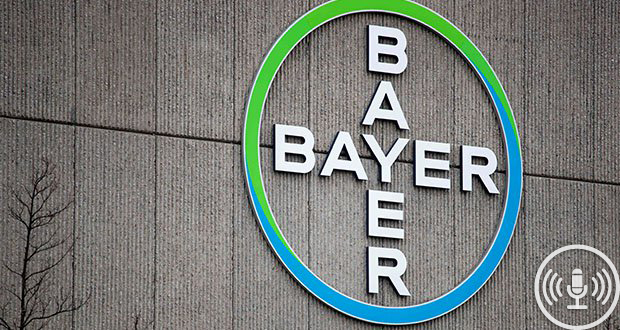This week several Sydney councils decided they would review the use of the weedkiller Roundup, which contains the hotly debated chemical glyphosate. Two Australian law firms – including Maurice Blackburn – are investigating the potential for a class lawsuit against the product’s manufacturer, Bayer, and a 54-year-old gardener, Michael Ogliarolo, is the first Australian to launch action against the behemoth herbicide company.
It will be a nail-biting time for Bayer (formally Monsanto), particularly given the three costly verdicts handed down in the US over the last 12 months. Last month, American couple Alva and Alberta Pilliod were awarded $US 1 billion each in damages, with a jury finding the couple’s use of Roundup was linked to their development of Non-Hodgkin’s Lymphoma (NHL).
While lawsuits in the US have battered Bayer, many in the scientific community are far less convinced. Some believe the World Health Organization’s (WHO) decision to label glyphosate as a possible carcinogen to humans was reckless and based on inconclusive evidence. Organisations such as the Australian Pesticides and Veterinary Medicines Authority and The US Environmental Protection Agency also disagree with WHO’s classification, with both stating that glyphosate is safe when used according to label instructions.
Agriculturalists, too, take issue with WHO’s decision, arguing that glyphosate has helped produce significantly higher yields since the 1980s and improved soil by doing away with till-farming. According to the chairman of Grain producers Australia, Andrew Weidemann: “A ban on glyphosate would be a disaster agronomically.”
Professor Emeritus in Agricultural and Environmental Chemistry, Ivan Kennedy, from the University of Sydney spoke with Campus Review about WHOs classification of glyphosate, the recent US verdicts and what Australian agriculture would be like without glyphosate.
Do you have an idea for a story?Email [email protected]
 Campus Review The latest in higher education news
Campus Review The latest in higher education news

